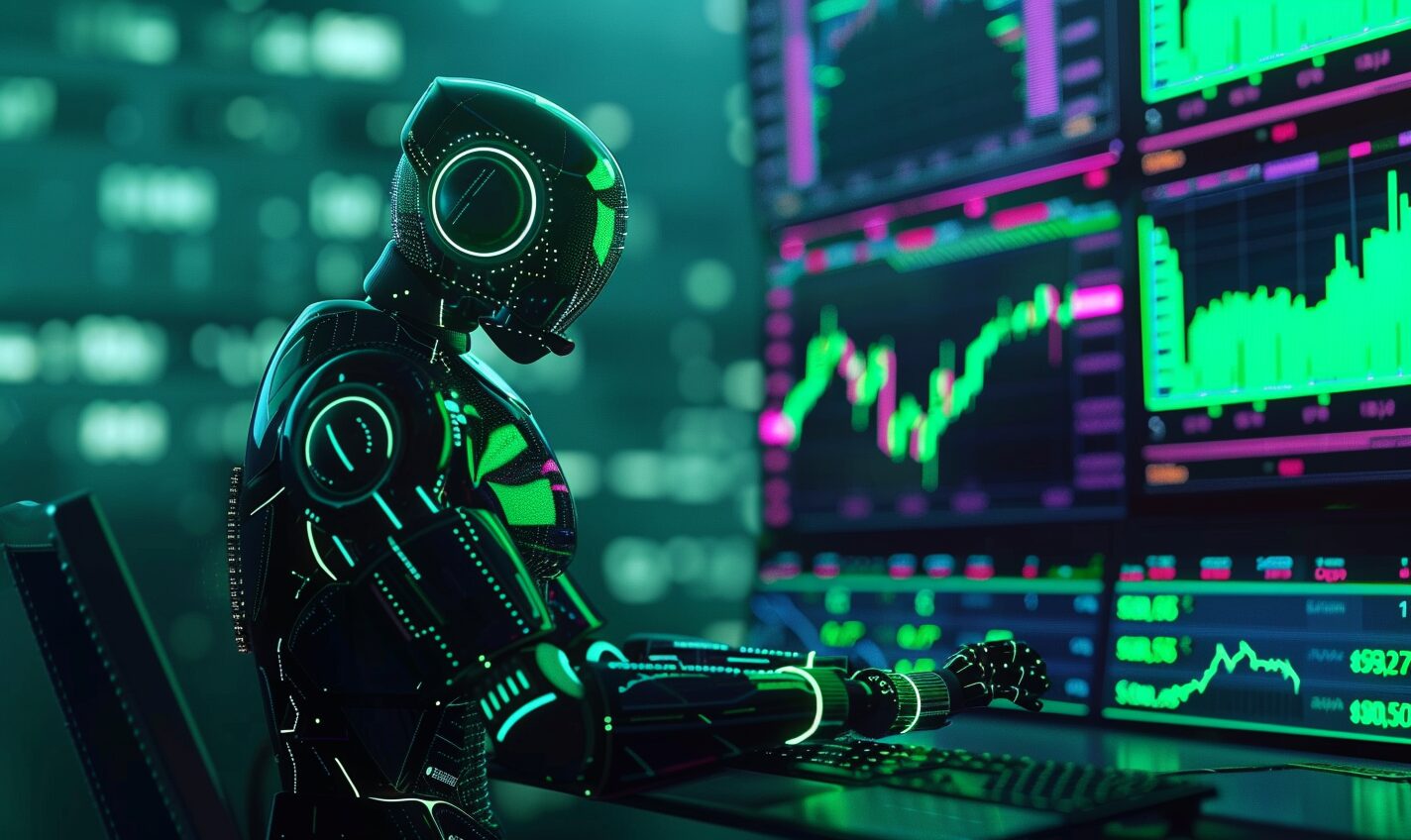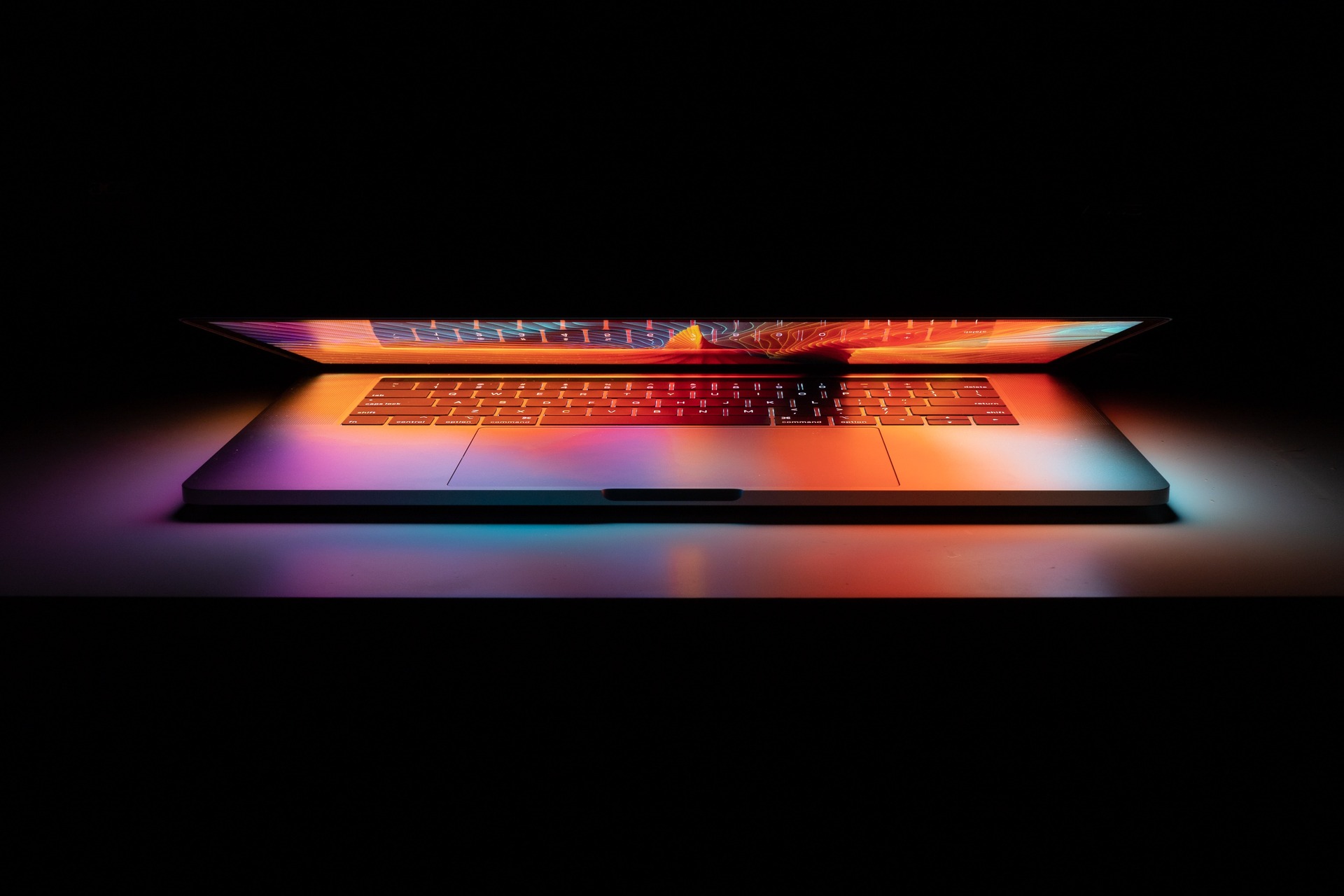More and more companies are turning to AI to make historically time-consuming processes more efficient. This technology can lead to remarkable improvements, but sometimes it can cause issues. The emerging practice of using artificial intelligence in recruitment is a prime example of this conflict.
Finding new talent can be challenging. Recruiters spend 13 hours a week looking for candidates for one position, and then they have to narrow it down. It’s a long, often intensive process that doesn’t always guarantee that companies will find the best fit. It’s ripe for disruption.
At the same time, leaving something as impactful as hiring to machines can be risky. Recruiters have to strike a delicate balance when using AI. Let’s take a closer look at this divisive issue.
Pros of Artificial Intelligence in Recruitment
It’s easy to see the appeal of using AI in the recruitment process. AI can look through and analyze large pools of data far faster than a person can. An intelligent recruiting tool could find and highlight candidates with ideal skills and experience in minutes.
AI could also help recruiters find passive candidates, who make up 70% of the workforce, according to one report. Automated recruiting programs could sift through websites like LinkedIn to find these workers recruiters would miss otherwise. Tools like chatbots could even engage these candidates to pique their interest before hiring managers step in.
These chatbots could also keep candidates interested throughout the next few steps of hiring. That way, companies could stay in contact with potential hires without workers needing to take time off their busy schedules. This contact would also ensure candidates don’t feel ignored during an otherwise silent period.
Cons of Artificial Intelligence in Recruitment
Artificial intelligence in recruiting has a lot of potential. Still, if companies aren’t careful with it, AI can lead to some dire recruiting mistakes. The most concerning of these potential downsides has to do with bias.
While computer programs aren’t innately prejudiced, they can carry and exaggerate the implicit biases of the humans who build them. Studies have found that hiring algorithms may amplify stereotypes like targeting a specific race or gender for a position. If AI learns from data from an inherently prejudiced system, it’ll teach itself to carry those same biases.
As far as AI has come, most people can still tell when a robot is talking to them instead of a real person. Since human connections are important to many people, AI could get in the way of reaching out to candidates. Too much reliance on chatbots could turn applicants away.
How Recruiters Can Use AI Responsibly
These downsides can be troubling, but they don’t mean AI should never be part of hiring. Rather, recruiters should use AI, but use it with caution and care. Most importantly, AI should only ever be the first step, not the final decision-maker.
As companies narrow down the applicant pool, human contact and intuition become increasingly crucial. AI is excellent at finding potential benefits in candidates but falls short when it comes to nuance. Since even the best automated programs are prone to mistakes, humans should always have the final say.
Companies should also ensure that any AI they use accounts for human biases. If a system isn’t coded to ignore things like gender and race, it will likely repeat humans’ worst mistakes.
Companies Should Be Careful with AI
AI is a groundbreaking tool for many business applications, including recruitment. As promising as it is, though, it’s not perfect, so companies shouldn’t treat it as if it were. It’s a helpful tool, not an answer to all of a business’s problems.
If companies can avoid AI’s largest pitfalls, it could make recruitment faster and more pleasant for everyone involved. If they don’t, it can make finding the right candidate even harder. It’s all about balance.
Recent Stories
Follow Us On
Get the latest tech stories and news in seconds!
Sign up for our newsletter below to receive updates about technology trends














